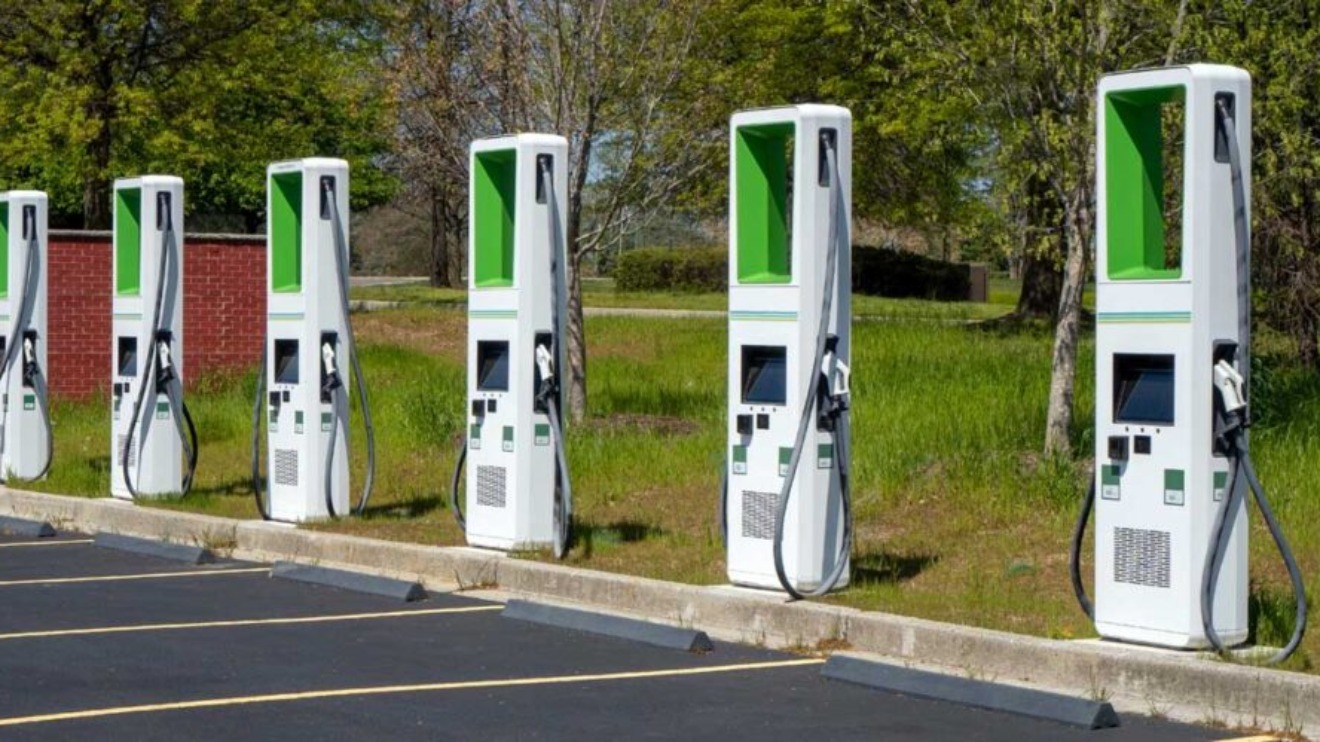In a bid to promote the adoption of electric vehicles (EVs), the Energy and Petroleum Regulatory Authority (EPRA) has unveiled a comprehensive plan that includes the strategic placement of public charging stations every 25 kilometres on highways and roads, ensuring convenient access for EV owners across the country.
The new guidelines also mandate that "at least one charging station should be available in a grid of three kilometres by three kilometres," further emphasizing the importance of accessibility for all Kenyan motorists.
Additionally, EPRA's directive specifies that at least one charging station shall be set up at every 25 kilometres on both sides of highways/roads, ensuring that long-distance travel with EVs becomes increasingly practical for Kenyan drivers.
The authority has also recognized the unique needs of long-range EVs such as sport utility vehicles, buses, and trucks.
For these vehicles, EPRA stipulates that there would be at least one fast-charging station with appropriate charging infrastructure every 100 kilometres, one on each side of the highways or road.
Read More
Within city limits, heavy-duty EV charging facilities will be strategically located at bus stops, ensuring that public transportation remains efficient and sustainable.
Importantly, EPRA has clarified that swapping facilities for heavy-duty EVs will not be mandatory within cities for buses or trucks, aligning with the authority's commitment to practical and efficient EV infrastructure development.
In a move aimed at demonstrating Kenya Power's dedication to supporting the transition to electric mobility, the utility has granted charging stations a preferential power tariff of Sh17 per kilowatt-hour (kWh).
This strategic pricing aims to incentivize the installation of charging infrastructure and further boost the growing demand for EVs in Kenya.
Kenya Power's proactive stance aligns with its previous estimate that an average minibus operating in Nairobi would consume approximately Sh2,400 worth of electricity daily.
With the capability to charge 50,000 buses and two million motorcycles each day, Kenya Power is poised to meet the energy demands of an increasingly electrified transportation sector.
The ambitious plan unveiled by EPRA and Kenya Power underscores the nation's commitment to embracing sustainable and eco-friendly transportation options.
As EV adoption gains momentum, Kenyan motorists can look forward to an extensive and accessible network of charging stations, marking a significant step towards a greener and cleaner future.
With these developments, Kenya joins the global shift towards electric mobility, ensuring that its citizens have the infrastructure and support needed to embrace the EV revolution.












